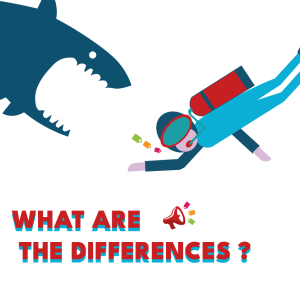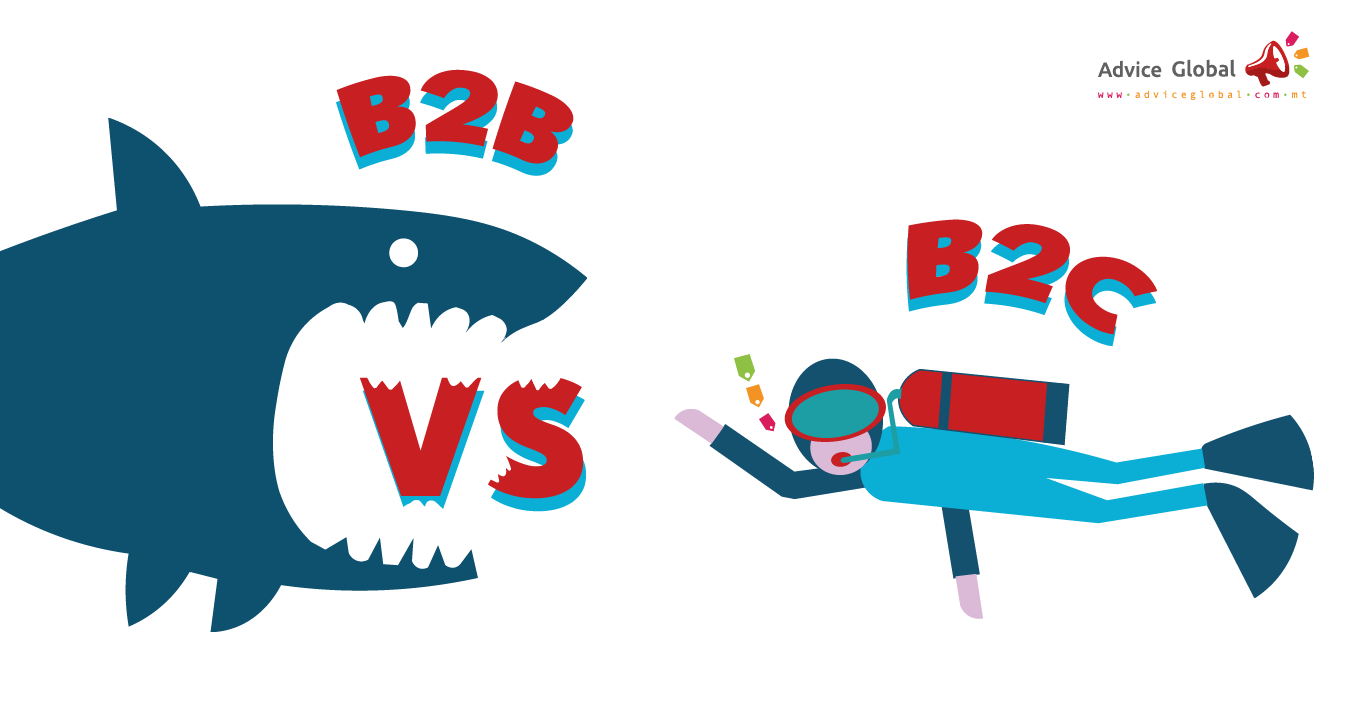B2B VS. B2C MARKETING STRATEGIES: WHAT ARE THE DIFFERENCES ?
Marketing is a broad and diverse field, catering to various types of businesses and audiences. Two primary categories in marketing are Business-to-Business (B2B) and Business-to-Consumer (B2C). Although both share the general goal of attracting and retaining customers, the strategies they employ can differ significantly. In this blog, we will explore the key differences between B2B and B2C marketing strategies and how these differences can influence the effectiveness of your campaigns.
DEFINITIONS AND OBJECTIVES
- B2B MARKETING:
B2B marketing focuses on selling products or services to other businesses. The main objectives typically include lead generation, building long-term relationships, and educating customers about complex solutions. Purchase decisions in B2B are often more rational and based on value and return on investment (ROI).
- B2C MARKETING:
In contrast, B2C marketing targets individual consumers. The objectives in B2C marketing usually center around brand creation, generating demand, and motivating quick purchases, like advertising. Purchase decisions in B2C are often more emotional and driven by immediate needs, desires, and personal experiences.
STRATEGY DIFFERENCES
1. AUDIENCE AND MESSAGING
B2B MARKETING
In B2B, audiences are more specific and smaller. Marketing strategies need to be highly personalized and data-driven. Educational content such as case studies, white papers, email marketing, lead generation and webinars is essential to demonstrate the value and efficacy of products or services.
- B2C MARKETING:
In B2C, the audience is broader and more diverse. Strategies need to be more emotional and engaging to quickly capture attention. Visual content like video ads, infographics, advertising and social media posts plays a crucial role in creating an emotional connection with the consumer.
2. PURCHASE CYCLE
- B2B MARKETING
The purchase cycle in B2B is generally longer and more complex, involving multiple decision-makers and approval stages. It’s crucial to maintain consistent communication and provide detailed information at each stage of the buying process.
B2C MARKETING
The purchase cycle in B2C is shorter and more direct. Purchase decisions can be made in minutes or days. Strategies should focus on facilitating quick decisions through promotions, offers, and a simplified buying experience.

3. MARKETING CHANNELS
- B2B MARKETING
B2B marketing channels typically include LinkedIn, email marketing, conferences and trade shows, and SEO focused on technical and industry-specific terms. Personalization and Account-Based Marketing (ABM) are particularly effective.
- B2C MARKETING:
In B2C, common marketing channels are Facebook, Instagram, Google Ads,advertising and influencer marketing campaigns. Paid advertising and social media marketing are crucial for reaching a broad and diverse audience.
4. MEASURABILITY AND KPIS
- B2B MARKETING
In B2B, Key Performance Indicators (KPIs) often include lead generation, lead-to-customer conversion rate, customer lifetime value (LTV), and ROI. Detailed analytics and performance measurement are essential to adjust strategies and optimize results.
B2C MARKETING
In B2C, KPIs can include website traffic, conversion rates, average order value, customer retention, and brand recognition. Immediate metrics and quick feedback allow for rapid adjustments in campaigns.
PRACTIVAL EXAMPLES
B2B STRATEGY
A software company selling enterprise management solutions might use detailed case studies, educational webinars, and personalized email marketing campaigns to attract and educate decision-makers in other companies.
B2C STRATEGY
A fashion brand could leverage Instagram and Facebook to showcase its products through attractive images and collaborations with influencers, offering exclusive discounts and creating a quick and easy online shopping experience. Working with Social Media Influencers is a great strategy to reach your customers. Here you have more B2C strategies to get inspiration for your brand! (LINK)https://elevate-digital-solutions.com/10-highly-effective-b2c-marketing-ideas-strategies/

CONSLUSION
Definitely, while B2B and B2C marketing strategies share some fundamental principles, the differences in audience, purchase cycle, marketing channels, and KPIs require distinct approaches. In addition, understanding these differences and tailoring your strategies accordingly is crucial for success in both markets. Finally, both B2B and B2C marketing focus on building relationships and providing value, but the paths to achieving these goals can be markedly different.
Author: Ainhoa Prieto Sanchez


